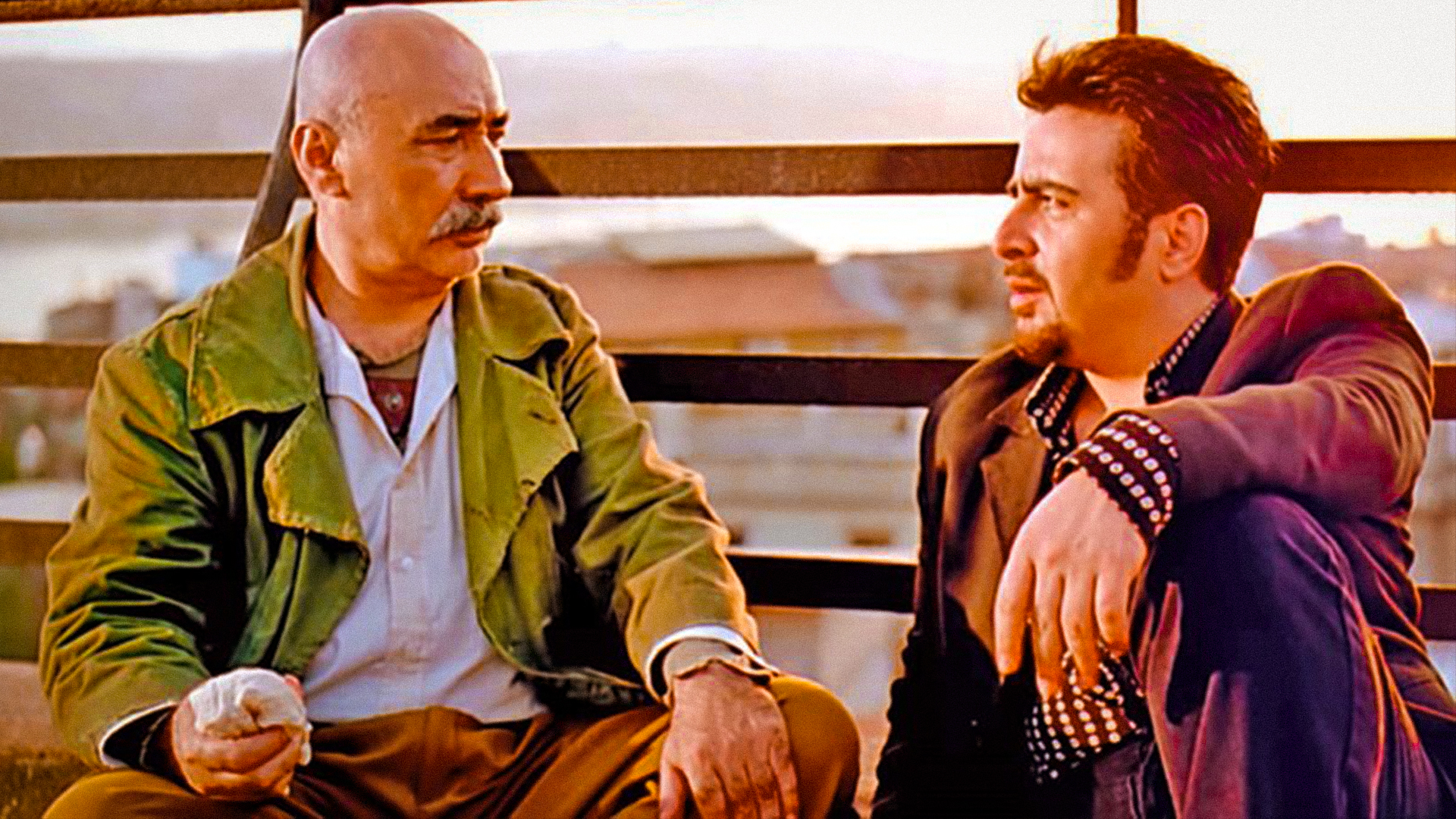japanchildrenrights.org – Nina Agdal is a Danish model who has taken the fashion world by storm. Known for her stunning beauty, athletic physique, and infectious smile, Agdal has graced the covers of numerous international magazines and walked the runways of the world’s most prestigious fashion shows.
Early Life and Career Beginnings
Born on March 6, 1992, in Hillerød, Denmark, Agdal was discovered at the age of 15 by a scout while on vacation in the United States. She quickly signed with a modeling agency and began her career in the fashion industry.
A Rising Star
Agdal’s breakthrough came in 2012 when she was selected to be one of the Victoria’s Secret Angels. Her athletic figure and radiant beauty made her a perfect fit for the lingerie brand. She continued to work with Victoria’s Secret for several years, appearing in their annual fashion shows and campaigns.
A Versatile Model
Beyond her work with Victoria’s Secret, Agdal has also modeled for numerous high-fashion brands, including Chanel, Dior, Versace, and Gucci. She has appeared in advertising campaigns for L’Oréal, Maybelline, and other major brands. Her versatility as a model has allowed her to excel in both high-fashion and commercial work.
Beyond the Runway
In addition to her modeling career, Agdal has ventured into other areas of the entertainment industry. She has appeared in films and television shows, and she has also launched her own swimwear line. She is a dedicated philanthropist and has been involved in various charitable causes.
A Modern-Day Icon
Nina Agdal’s combination of beauty, intelligence, and down-to-earth personality has made her a beloved figure in the fashion industry. She continues to inspire aspiring models and remains one of the most sought-after models in the world.


